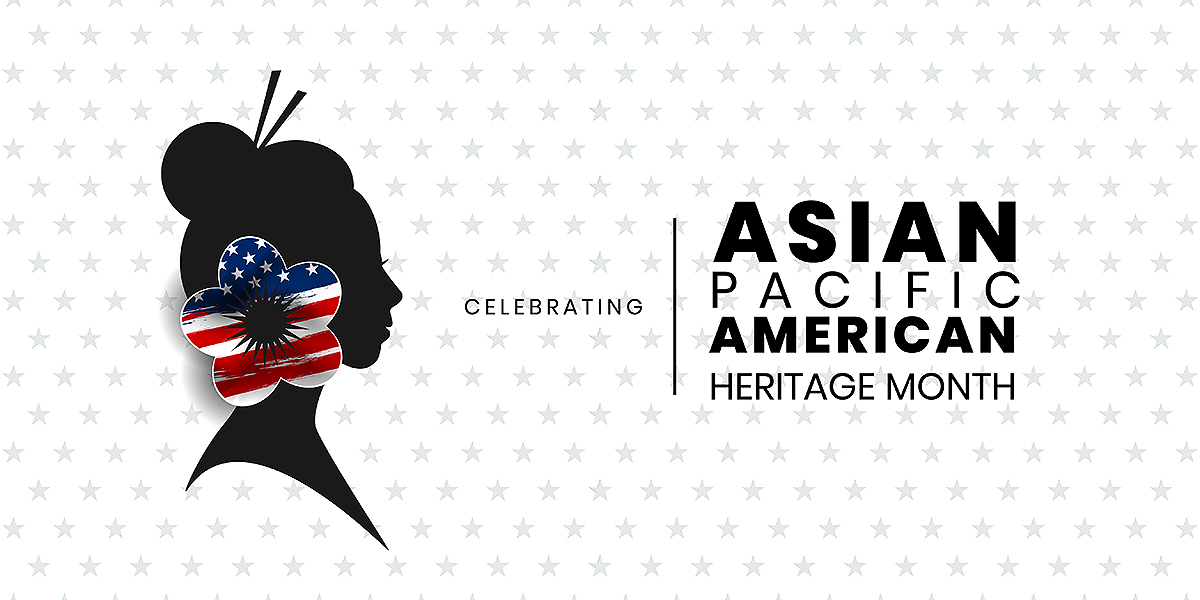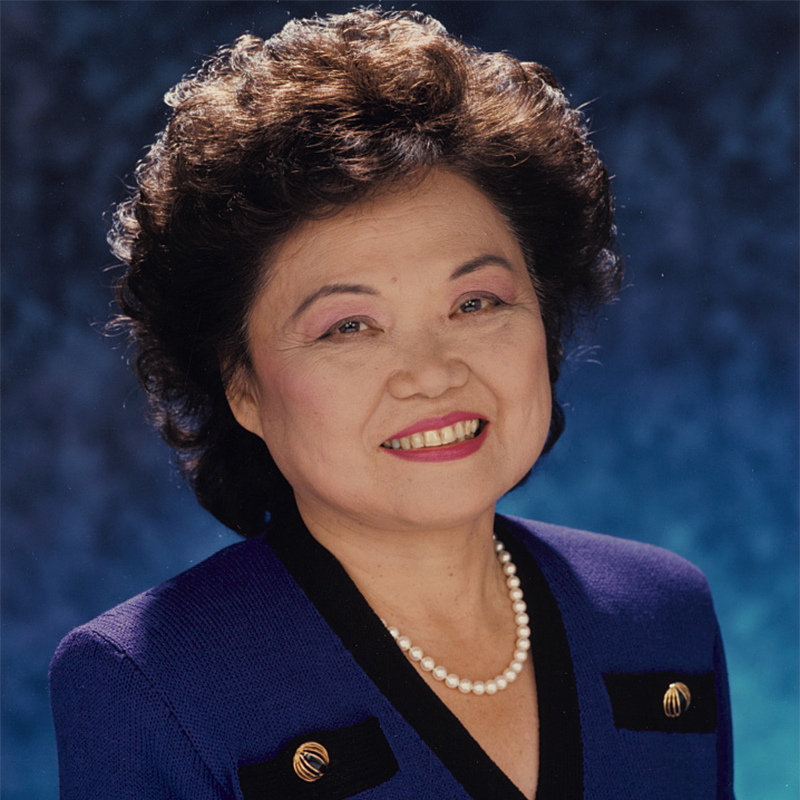Asian/Pacific American Heritage Month

In 1978, Congress passed a law to designate the week beginning on May 4, 1979, as Asian/Pacific American Heritage Week. The date of the week was chosen to include May 7 — the date in 1843 when the first Japanese immigrant arrived in the United States — and May 10, the date in 1869 when the first transcontinental railroad in the United States was completed, built through the labor of Chinese immigrants. In 1992, Congress extended the designation of Asian/Pacific American Heritage Month to cover the entire month of May.
Presidential proclamations have used more expansive names to describe the month. President Barack Obama’s 2009 proclamation used the name Asian American and Pacific Islander Heritage Month, which continued to be used until 2021, when President Joe Biden proclaimed Asian American, Native Hawaiian and Pacific Islander Heritage Month.
Patsy Mink and her efforts on behalf of early childhood education

A tireless promoter of early childhood education was U.S. Rep. Patsy Takemoto Mink (1927-2002) of Hawaii. A third-generation American of Japanese ancestry, she was born on the island of Maui before Hawaii became a U.S. state. From her experiences as a mother with young children while starting a career as an attorney in Honolulu in the 1950s, Mink was acutely aware of the child care challenges faced by working women.
After her election to the U.S. House of Representatives in 1964 — Mink was the first woman of color to serve in Congress — she brought national attention to issues affecting women and children. Mink is best known today for introducing what became known as Title IX, the federal civil rights law that bans sex-based discrimination by schools or other education programs that receive federal funding.
Mink was no less involved in efforts to increase the availability of early childhood care and education. During the 1960s, Mink sponsored legislation to provide government funding for early childhood education on a larger scale than the recently established Head Start program — expanding Head Start to reach middle-class families with working mothers, as Mink sometimes described it. In 1971, Congress passed the Comprehensive Child Development Act, which would have created a network of federally funded child care centers, with tuition subsidies based on family income.
President Richard Nixon vetoed the legislation, and Congress was unable to override the veto. In later years, Mink described the bill’s failure as the greatest disappointment of her political career.
At the Crane Center, we recognize the important contributions to early childhood education — in research, practice, and policy — made by Asian and Pacific Americans, and we are proud to celebrate their history, both past and present, during Asian/Pacific American Heritage Month.
“It is important for the Asian/Pacific community to stand up as a group, to be proud of their contributions to American life, proud of their citizenship, proud of their ancestry and of those who have come in recently, and to always work to defend their right to live here under the Constitution and to be fully protected by all of the provisions of the Constitution of the United States.”
— U.S. Rep. Patsy Mink (1927-2002), during a speech on the floor of the U.S. House of Representatives, May 24, 1999
